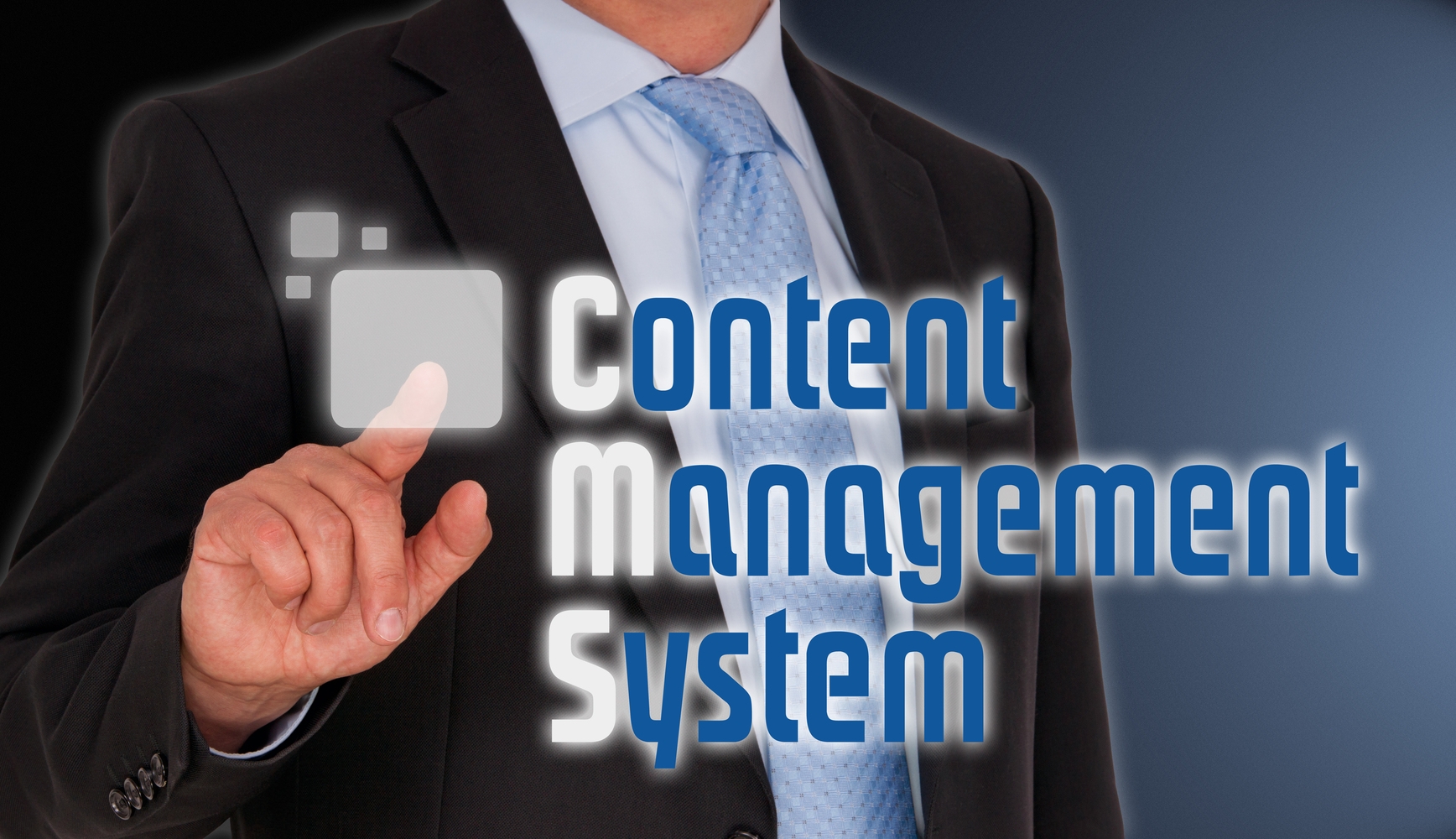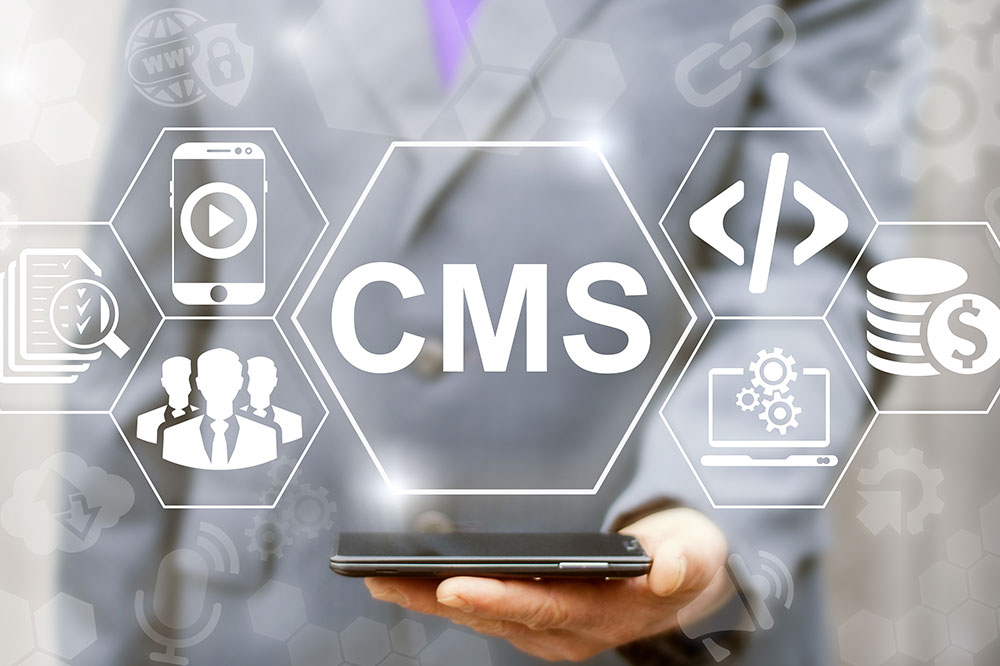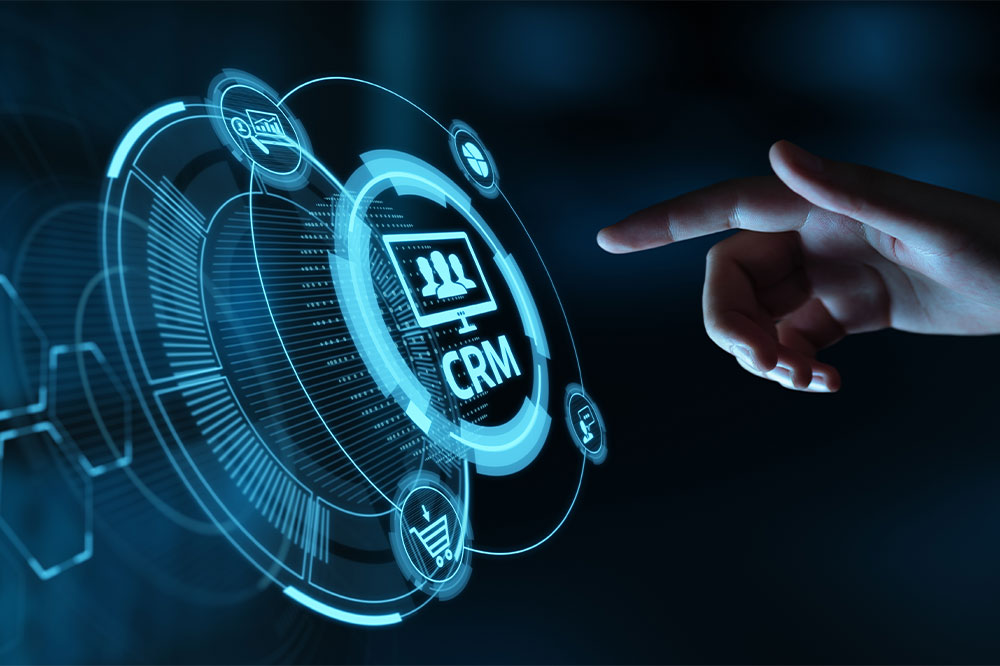Enterprise-Level Content Management Solutions: An In-Depth Overview
Discover essential insights into enterprise content management solutions, including key features, top platforms, and best practices for selection and deployment. This comprehensive guide helps large organizations optimize their content operations efficiently and securely.

Enterprise Content Management Solutions: An In-Depth Overview
In today's dynamic digital environment, efficient content management is crucial for large-scale organizations. Advanced Content Management Systems (CMS) provide comprehensive tools to optimize content creation, management, collaboration, and dissemination. Selecting the appropriate CMS can boost productivity, ensure regulatory compliance, and support business growth. This article explores the significance of CMS in enterprise settings, essential features to consider, and a comparison of top platforms available in the market.
Significance of CMS in Corporate Operations
1. Unified Content Repository:
A CMS centralizes content in a single repository, allowing easy access for authorized personnel. This approach minimizes duplication, maintains consistency, and simplifies content retrieval processes.
2. Enhanced Team Collaboration:
Robust collaborative tools enable team members to work together on content in real-time, provide immediate feedback, and streamline approval workflows, boosting efficiency.
3. Regulatory Compliance Support:
Large organizations must adhere to strict regulations. CMS platforms facilitate compliance through audit trails, version history, and secure storage options, ensuring content legal standards are met.
4. Scalable Architecture:
A robust CMS grows with your business, handling increasing content volume and user demands without sacrificing performance or speed.
5. Workflow Automation:
Automated workflows manage content approval, publishing, and archiving, enabling timely task execution with minimal manual oversight.
Essential Features of an Enterprise CMS
1. Role-Based Access and Permissions:
Fine-grained controls over content access, editing, approval, and publishing safeguard sensitive data and prevent unauthorized modifications.
2. Multi-Channel and Multi-Language Support:
For global enterprises, managing multiple websites and multilingual content preserves brand consistency across regions.
3. Seamless Integration:
A successful enterprise CMS integrates effortlessly with existing tools like CRM, marketing platforms, and e-commerce systems for unified data management.
4. Advanced Analytics:
Built-in analytics and reporting tools provide insights into content performance, user engagement, and return on investment, informing strategic decisions.
5. Version Control & Audit Trails:
Tracking changes through version history and audit logs enhances transparency and allows content rollback when needed.
6. Security Measures:
Enhanced security features such as SSL encryption, two-factor authentication, and regular updates protect enterprise content from threats.
Top Enterprise CMS Platforms Compared
Below is a review of leading CMS solutions for enterprises:
| Platform | Core Offerings | Pricing Model | Integration Capacity | Support Options |
|---|---|---|---|---|
| Adobe Experience Manager | - Advanced personalization | Subscription | Extensive | 24/7 Support |
| - Multi-channel delivery | ||||
| - Workflow automation | ||||
| Sitecore | - Customer experience management | Subscription | High | Support via email and phone |
| - AI-driven insights | ||||
| - Integration framework | ||||
| Drupal | - Highly customizable and adaptable | Free/Paid | Medium | Community-based Support |
| - Strong multilingual support | ||||
| - Extensive module library | ||||
| WordPress VIP | - Enterprise security and scalability | Subscription | High | 24/7 Support | - Custom themes/plugins |
| - Content migration capabilities | ||||
| Kentico | - Integrated marketing automation | Subscription | Medium | Support via email and phone |
| - User-friendly interface | ||||
| - Omnichannel support |
Selecting the Optimal Enterprise CMS
When choosing a CMS, consider the following factors:
1. Business Requirements Assessment:
Evaluate your organization's needs, including content volume, user roles, and integration requirements, to identify essential features.
2. Growth Compatibility:
Select a CMS that can accommodate your expansion plans, ensuring scalability for increasing content and user base without performance loss.
3. Customization & Flexibility:
The system should adapt to unique workflows and processes, allowing for extensive customization and flexibility.
4. User Experience:
An intuitive, user-friendly interface accelerates adoption and enhances productivity across teams.
5. Cost Evaluation:
Analyze total ownership costs, including licenses, customization, and maintenance, to ensure a solid return on investment.
6. Vendor Support Reliability:
Choose providers that offer comprehensive support channels to assist with implementation and troubleshooting when needed.
Best Practices for Deploying an Enterprise CMS
1. Comprehensive Planning:
Develop detailed plans covering goals, timelines, and responsibilities to facilitate a smooth transition and minimize disruptions.
2. Training Programs:
Equip your team with training on the new platform to maximize usability, efficiency, and adoption.
3. Governance Structure:
Establish clear policies for content management, review, and publishing to maintain consistency and compliance.
4. Regular Monitoring & Optimization:
Continuously supervise system performance and user feedback, leveraging analytics to improve content strategies and workflows.
Effective enterprise content management tools are essential for organizations aiming for streamlined content operations. By understanding core features, comparing major platforms, and following strategic implementation practices, businesses can enhance their content processes and achieve long-term success.
References:









